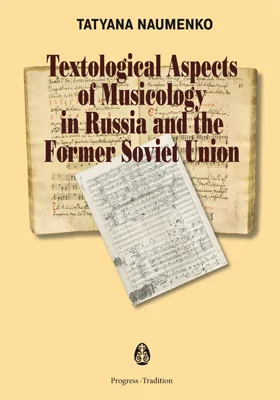Textological Aspects of Musicology in Russia and the Former Soviet Union
Здесь можно купить книгу "Textological Aspects of Musicology in Russia and the Former Soviet Union " в печатном или электронном виде. Также, Вы можете прочесть аннотацию, цитаты и содержание, ознакомиться и оставить отзывы (комментарии) об этой книге.
Место издания: Москва
ISBN: 978-5-89826-495-1
Страниц: 449
Артикул: 8555
Краткая аннотация книги "Textological Aspects of Musicology in Russia and the Former Soviet Union"
In this monograph, Tatyana Naumenko, Doctor of Arts and a professor at Moscow’s Gnessin Russian Academy of Music, looks at modern Russian musicology through the prism of texts representing it. She mentions subjects addressed in musicological studies, names genres of music that scholars preference to explore, and describes modern methods of research and criteria of assessment, largely with the aim of overcoming Soviet-era dogmatism. Special consideration is given to the writing of academic degree dissertations on music in the former Soviet Union and post-Soviet Russia. The Annex lists dissertations approved between 1970 and 2013.
Содержание книги "Textological Aspects of Musicology in Russia and the Former Soviet Union "
Introduction
Chapter 1. “POST”-ERA PARADOXES
Contemporary style in terms and notions
Cult of innovations in epoch of nostalgia
About “Time of musicologists”
Chapter 2. SOME HISTORICAL ASPECTS OF MUSICOLOGICAL TEXT
Scholarly sources and parameters of musicology
Acquisition of status
Text and the state
Chapter 3. POST-SOVIET DECONSTRUCTIONS
Deconstructing official prescriptions for what subjects to choose for research
Deconstruction of myths
Deconstruction of scholarly boundaries
Chapter 4. WAYS OF RENEWAL OF TEXT
In search of a name
In search of the right genre: the problem of prefaces
In search of description methods
Chapter 5. SCIENTIFIC TEXT AS INTERPRETATION: AUTHORS’ APPROACHES
Spiritual music space
Mozart and time
Again about Shostakovich
Chapter 6. DISSERTATIONS ON CATEGORY 17.00.02 (THE ART OF MUSIC) SUBJECTS AS A FIELD OF SOVIET
AND RUSSIAN MUSICOLOGY
The place of musicology in the system of scholarly degrees and awards
Before and after 1991
Thesis boom and parasite texts
Chapter 7. MUSICOLOGISTS SPEAK ON MUSICOLOGY
Levon akopyan: ‘modern musicological literature must be interesting to read’
Nikolai Denisov on the study of the old Russian art of church singing: ‘a church
service is a synthesis of all arts with its rules, text, and singing
Natalya Gulyanitskaya: ‘Research is my state of mind, my aspiration, my necessity…
Irina Susidko: ‘Old cliches are fortunately receding into the past
Andreas Wehrmeyer on contemporary German musicology
Conclusion
Annex. EXPLANATORY NOTES
Section I. DISSERTATIONS FOR THE DEGREES OF CANDIDATE OF ARTS AND DOCTOR OF ARTS APPROVED IN THE 1970S AND 1980S
1970–1979
1980–1990
Section II. DISSERTATIONS FOR THE DEGREES OF CANDIDATE. AND DOCTOR OF ARTS APPROVED AFTER 1991
ARCHIVES, MANUSCRIPT COLLECTIONS, AND OTHER SOURCES
GENRES
FOREIGN MUSIC
WESTERN EUROPEAN MUSIC OF THE PRE-CLASSICAL AND EARLY CLASSICAL PERIODS
WESTERN EUROPEAN MUSIC OF THE CLASSICAL ERA
WESTERN EUROPEAN 19TH-CENTURY MUSIC
WESTERN EUROPEAN MUSIC OF THE LATE 19TH AND EARLY 20TH CENTURY
FOREIGN 19TH-CENTURY MUSIC
INSTRUMENTATION AND ORGANOLOGY
HISTORY OF MUSIC EDUCATION AND CONCERT INSTITUTIONS
THE ART OF CHURCH BELL RINGING
AUDIO RECORDINGS, MUSIC IN THE MEDIA, AND INFORMATION TECHNOLOGY
MUSIC AND OTHER ARTS
MUSIC OF PEOPLES OF RUSSIA
TEACHING OF MUSIC
PERCEPTION OF MUSIC
ART OF MUSIC PERFORMANCE
REGIONAL MUSIC STUDIES AND URBAN MUSIC CULTURE
Content of music
MUSICOLOGY, MUSIC CRITICISM, HISTORY OF MUSIC THEORY DOCTRINES, AND PUBLICATION OF SCORES AND BOOKS ON MUSIC
NATIONAL SCHOOLS
NON-EUROPEAN CULTURES
SPECIAL SUBJECTS
RUSSIAN MUSIC
17TH CENTURY
18TH CENTURY
19TH CENTURY
THE END OF THE 19TH AND EARLY DECADES OF THE 20TH CENTURY
RUSSIAN POST-1917 MUSIC:
THE FIRST HALF OF THE 20TH CENTURY
THE LATTER HALF OF THE 20TH AND THE BEGINNING OF THE 21ST CENTURY
RUSSIAN EMIGRE COMPOSERS
MEANS OF EXPRESSION
PORTRAITS OF PERFORMERS, COMPOSERS, TEACHERS, MUSICOLOGISTS, MUSIC CRITICS, AND PATRONS OF MUSIC
CREATIVE PROCESS AND MUSIC TEXTOLOGY
PROBLEMS OF THEORY
PHENOMENA AND UNIVERSALS
THE ART OF CHURCH SINGING
ETHNOMUSI COLOGY
Section III. DISSERTATIONS IN MUSICALOGY APPROVED AT FOREIDN HIGHER SCHOOLS AND UNIVERSITIES IN 2010–2013 DOCTORAL DISSERTATIONS IN MUSICOLOGY
Great britain
Germany
Usa
OTHER COUNTRIES
Все отзывы о книге Textological Aspects of Musicology in Russia and the Former Soviet Union
Отрывок из книги Textological Aspects of Musicology in Russia and the Former Soviet Union
56Chapter 2. Some historical aspects of musicological textWhen we speak of the scholarly nature of musicology, we mean not only generally known criteria such as authenticity, absence of contradictions, confirmability, concep-tual coherence, ability to make forecasts, and the possibility of falsification,3 but also an “infrastructure” that takes care of these criteria and has taken centuries to evolve. This infrastructure encompasses the genre diversity of research, a tradition of description of original sources such as doctrines or works of music, serious examination of Russian and foreign scholarly traditions, creation of a single system of concepts and terms. This infrastructure should be able to integrate into the overall scholarly context and follow its accepted formats of exposition such as the writing of theses for academic degrees and the tradition of their public defense.Possibly, one of the reasons for the genuine scholarly character of musicology is the ancient history of music studies. It is natural science that has given rise to schol-arly traditions, and it is indisputable that, for a long time, musicology developed along the same lines. In fact, musicology began to address technical matters much earlier than aesthetic issues.4 It is hard not to accept this point of Alexei Losev: “When we perceive music, it becomes clear to us that, no matter how far music is from logic, it requires the entire phenomenological apparatus of perception that one needs for perceiving things in separation from one another with the aim of logical thinking about them.”5 Seeing “music as an object of logic” comprehensively justifies all the scholarly operations that it has undergone during its long history. It is only natural, therefore, that there gradually evolved an algorithm for the description of music that put musicology among the vener-able and prestigious scholarly disciplines that a while ago laid down rules for intellectual text. Moreover, countless scholarly theor...
С книгой "Textological Aspects of Musicology in Russia and the Former Soviet Union" читают


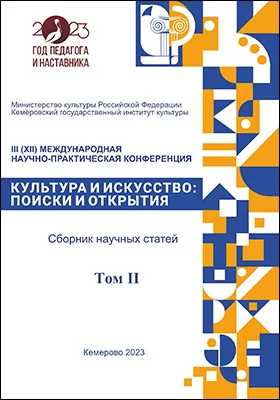
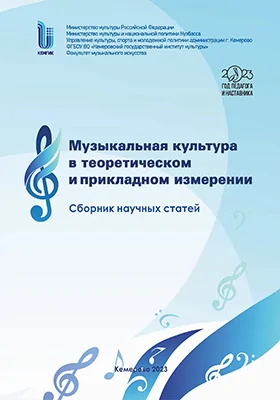
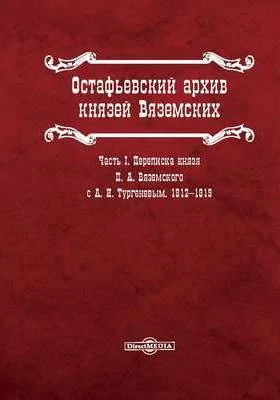
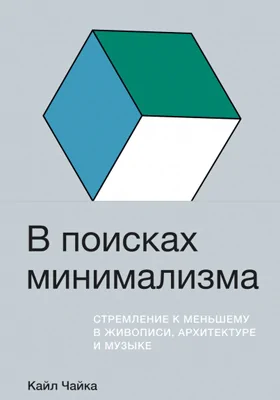

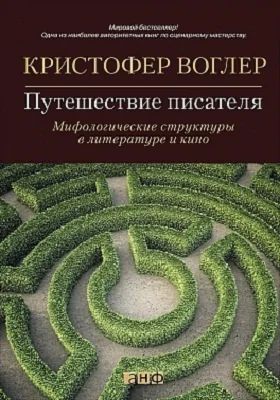
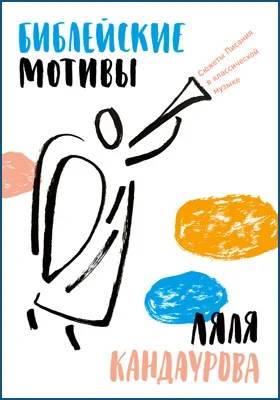
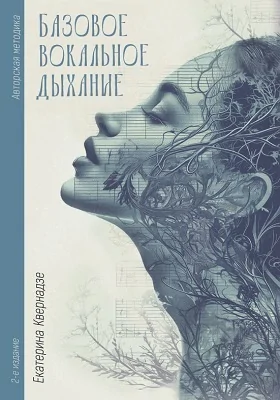
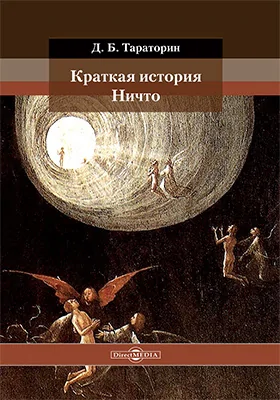
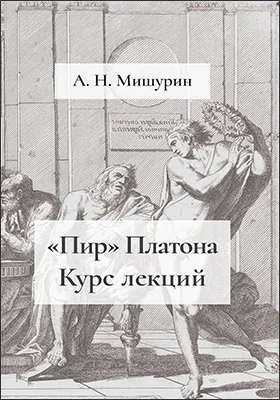
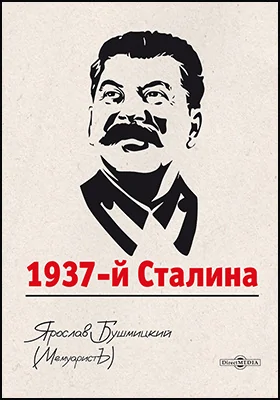
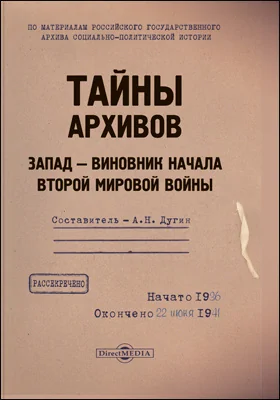

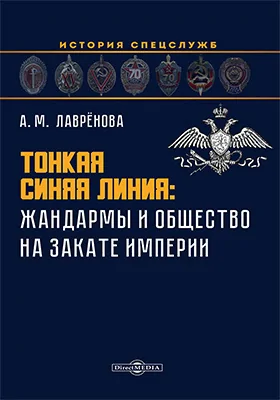
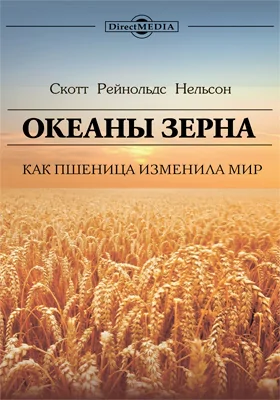
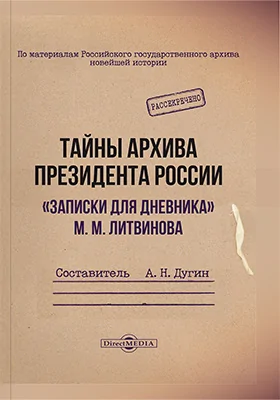
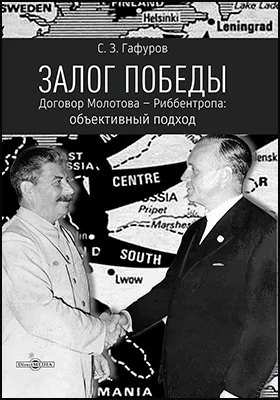
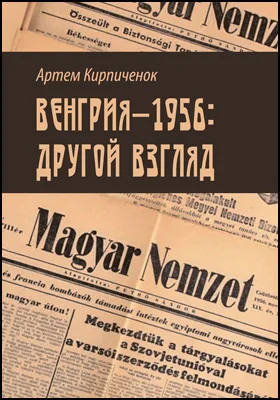
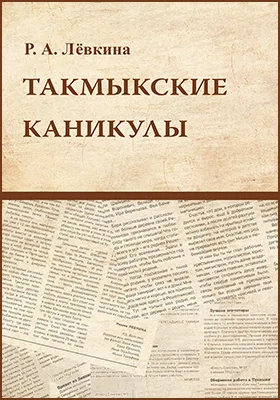
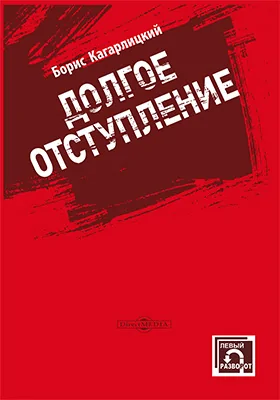
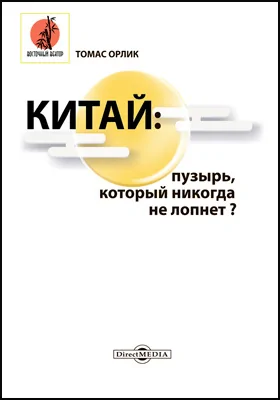
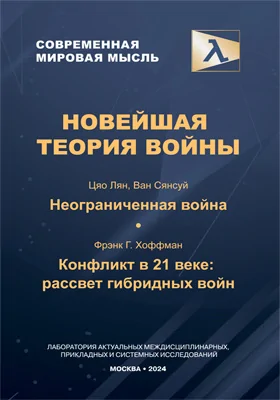
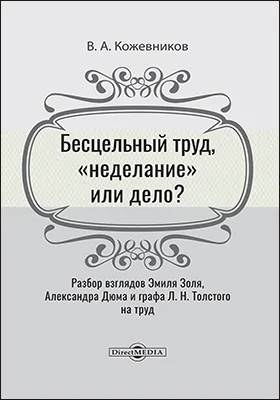
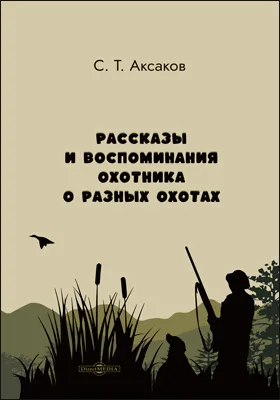
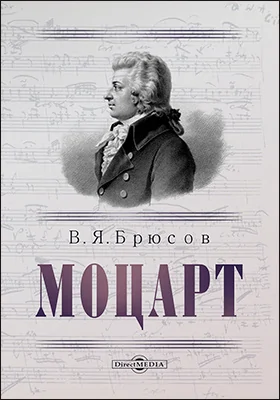
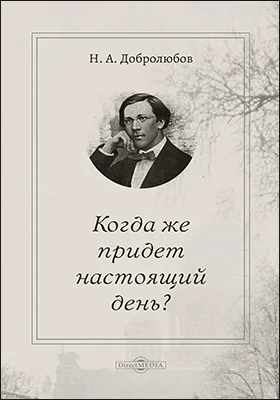
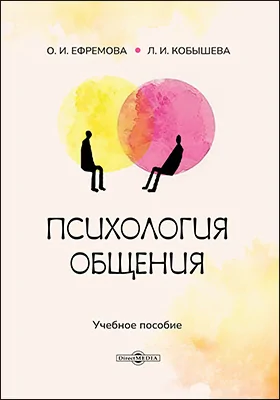
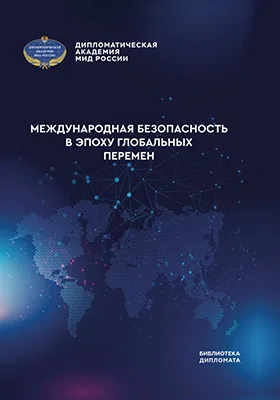
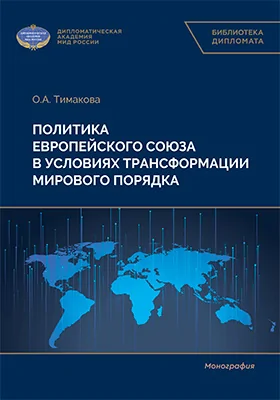
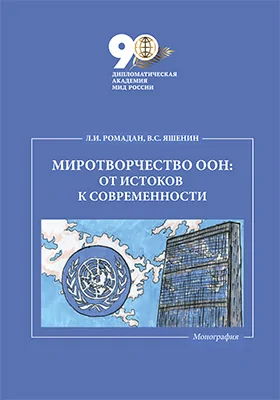
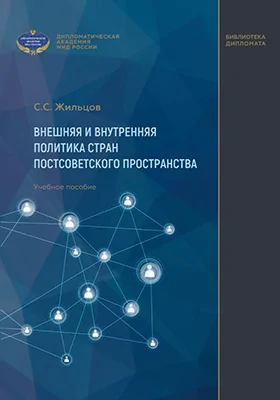
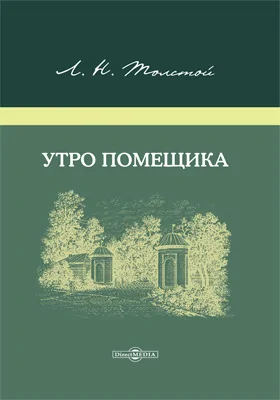
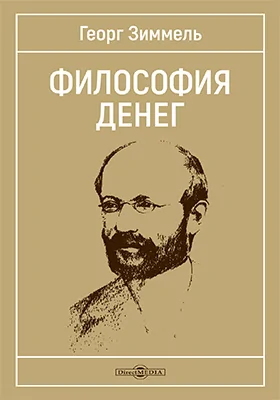
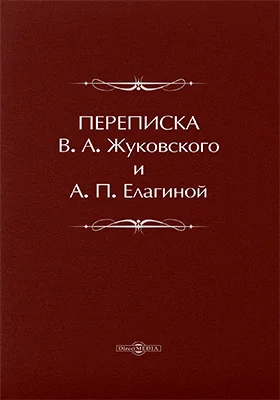
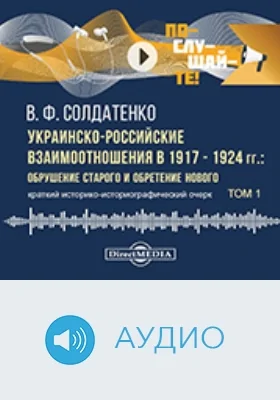
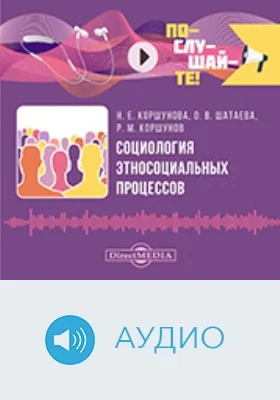
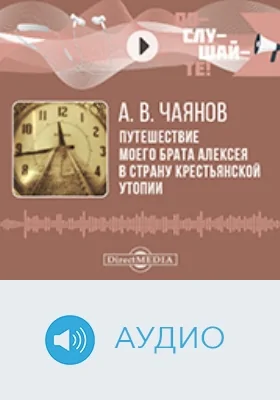
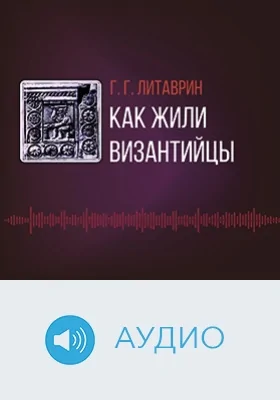
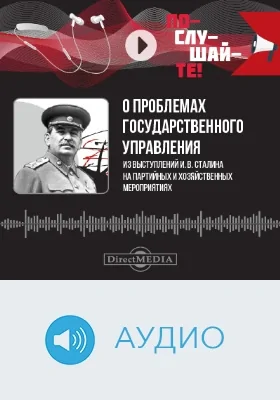
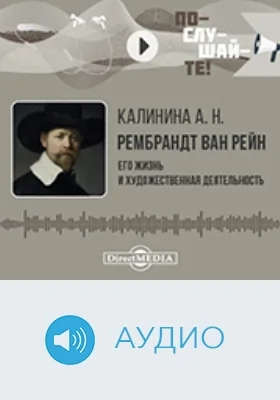
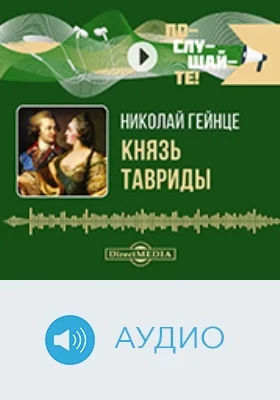
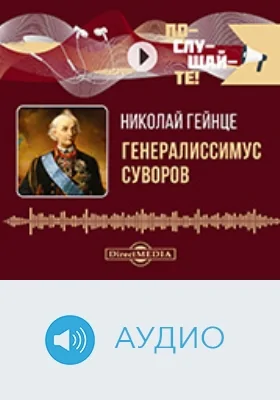

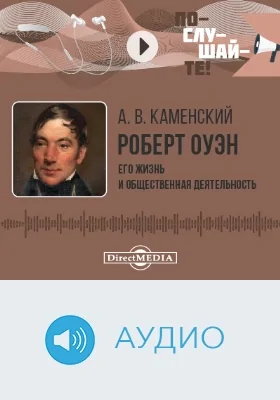
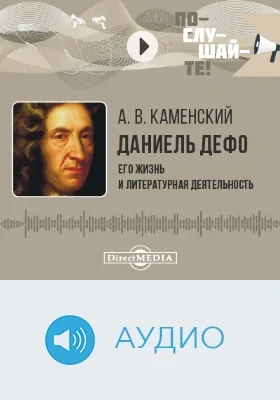
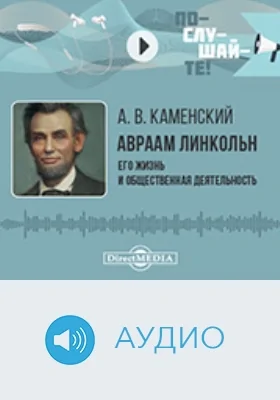
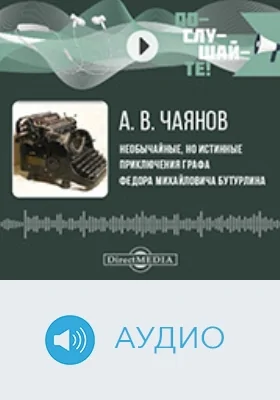
Внимание!
При обнаружении неточностей или ошибок в описании книги "Textological Aspects of Musicology in Russia and the Former Soviet Union (автор Tatyana Naumenko)", просим Вас отправить сообщение на почту help@directmedia.ru. Благодарим!
и мы свяжемся с вами в течение 15 минут
за оставленную заявку

